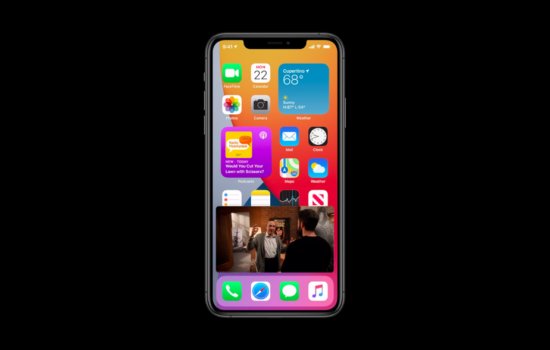What happens when an unstoppable force meets an immovable object? That’s what many in the digital sphere have been asking themselves recently following Apple’s removal of Epic’s Fortnite from their gaming store. With lawsuits and public opinion flying around, we’re still in the middle of what could prove to be a lengthy battle. What caused this fight, and what could be the end result for the games which Apple hosts on its mobile devices?
Epic Versus Apple
On August 13, 2020, Epic changed the way the payment systems for their game Fortnite operates. Rather than paying through the Apple client, Epic added an option to pay their company directly, and in doing so receive a discount. By doing this, Epic had circumvented the 30% fee that Apple imposes on all mobile app purchases.
In response, Apple removed Fortnite from their app stores for a breach of terms of service. Immediately after, Epic struck back with a lawsuit. The basis of this lawsuit was that companies like Apple had been placing unreasonable fees on app transactions, maintaining essential monopolies.
Taking Sides
Rather than pontificate as to the intricacies of big business, monopolies, and our personal opinions thereof, we thought it would be more relevant to examine what the direct effects this lawsuit could have for gamers. Win or lose, here’s what the result of this lawsuit could change. Oh, and by the way, user’s who already registered Fortnite can still download it freely, so don’t worry about losing your progress.
All Over a Store?
Billion-dollar multi-national organizations throwing around lawsuits might appear like overkill, but the reason for the concern over the Apple store is well-grounded. What sets this store above others is how well trusted it is, and how it’s strictness plays an important part in maintaining Apple’s ecosystem. Apple’s focus on quality assurance in this storefront guarantees customers a level of surety that few can manage.
Take the PC gaming platforms of Steam or G2A as examples. Flooded with shovelware, these systems are notorious for how poor management negatively affects the user experience. Similar complaints are often levied against Google’s Play Store which, while no Steam, still maintains comparatively lax standards.
On the opposite side of this equation, we have seen an increase of new iGaming platforms that has vested interest in keeping users safe and legal while playing from specific areas, or informing individuals about bonuses like free spins and deposit matches. Asiabet.org is a great example of a reliable platform for Indian players, not only for the reasons mentioned above but also because users have access to more than 200 reviews about every casino operator listed in the page. As the exception rather than the rule, it makes sense that the better examples of online storefronts would want to maintain an ongoing legacy.
Apple Wins
If Apple wins the lawsuit, then we would expect everything to essentially continue as normal. The current system is the status quo, and without pressure to evolve, Apple has little reason to change what is a very lucrative payment environment.

However, it could also be possible that, if they win, a face-saving measure could be put in place to appease those who took the opposite side in this debate. In this instance, we wouldn’t be surprised to see a reduction in fees from 30% to 20%, or perhaps on a case by case basis. Even if no change is made, Apple’s hosted games will hardly suffer, so players have nothing to worry about. There will still be COD: Mobile, Pokemon Go, and Hearthstone, and all the other big names we’ve come to love.
Epic Wins
If Epic wins their lawsuit, then Apple is going to have to make some fundamental changes in how their systems operate. Though, until we know exactly what terms would result from an Epic victory, it’s difficult to predict an exact resting-place. That said, we would hope that lower overall fees might encourage more indie and international gaming involvement within Apple’s marketplace.
To some degree, this openness is already represented in what is possible through the world of browser gaming. On an international indie scale, websites like Kongregate are enormous repertoires of free and low-cost games like Iron Rage and League of Angels. Many of these games haven’t made the jump to app stores because fees might make the cost too risky a prospect.
Lower fees could also help in smaller port jobs for older and lesser-known PC games. For example, older strategy games like the Spanish-developed Commando series could be great fits for mobile devices but haven’t been deemed worth the cost, meaning mobile gamers have to miss out.

Watching from the side-lines, it’s difficult not to cheer on one party or another. While we’re obviously big fans of Apple and its systems, we’d be lying if we said we didn’t value the idea of an even greater gaming selection. Whatever the outcome is, let’s just hope it’s not one which damages the level quality which Apple is known for, as for us and many of our contemporaries, that’s where we draw the line.








